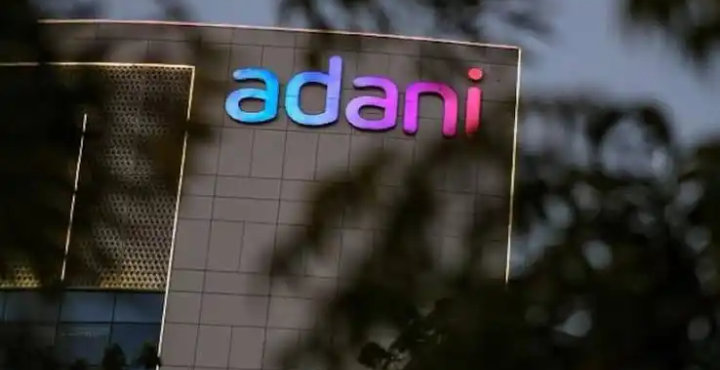Recent developments have sparked controversy in Kenya regarding the involvement of the Indian conglomerate, Adani Group, in managing the country’s airstrips.
Kisii Senator Richard Onyonka recently voiced concerns over a deal that extends far beyond the modernization of the well-known Jomo Kenyatta International Airport (JKIA), revealing that the agreement also involves the Adani Group taking control of all airstrips across the country.
Onyonka’s expose has ignited a debate, especially concerning the lack of transparency surrounding the deal.
According to the senator, the Kenyan government has failed to fully disclose the details of this dubious agreement to the public, raising serious concerns about how the deal was handled.
Onyonka argues that such a wide-reaching contract should have involved public participation and consultation with key stakeholders, including those directly impacted by the changes.
One of the most wanting aspects of this agreement, is the potential impact on JKIA workers and the aviation sector at large.
The senator had raised fears that the deal could lead to significant job losses for many Kenyans employed at JKIA and other airstrips, as the management would be handed over to a foreign entity.
This has led to concerns that Adani Group might prioritize profit over the welfare of local workers, which could result in layoffs and other punitive measures.
Adding to the concerns, there are reports that the deal includes punitive terms that could hinder the development of Kenya’s aviation sector for decades.
For instance, one clause reportedly stipulates that Kenya would be prohibited from developing any other major airports for the next 30 years.
This would effectively grant Adani a near-monopoly over Kenya’s air transport infrastructure, raising questions about the long-term implications for the country’s economic growth and sovereignty.
The controversy has been further fueled by conflicting statements from government officials.
While the Kenya Airports Authority (KAA) acknowledged the agreement with Adani, Prime Cabinet Secretary Musalia Mudavadi denied any contract involving the sale of JKIA.
However, the KAA confirmed receiving a proposal from Adani Airport Holdings Limited under the Public-Private Partnerships Act 2021, which includes plans to invest in new passenger terminals, runways, and refurbishing existing facilities at JKIA.
The KAA has attempted to reassure the public by stating that the project will undergo rigorous technical, financial, and legal reviews, and that no jobs are at risk.
Despite these assurances, Onyonka and other critics remain skeptical, warning that the deal could have far-reaching consequences for Kenya’s aviation sector and workers.
The senator has called for the Senate to thoroughly scrutinize the terms of the agreement to ensure that national security and public interests are safeguarded.
This situation reflects the growing tension and distrust surrounding foreign investments in critical national infrastructure, particularly when details are not transparently communicated to the public.
Many are waiting to see how the government will handle these mounting concerns and whether the deal will ultimately serve the best interests of the Kenyan people.





















Add Comment